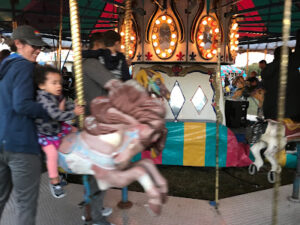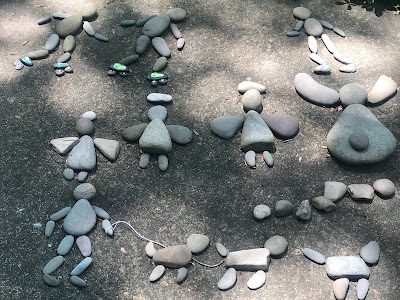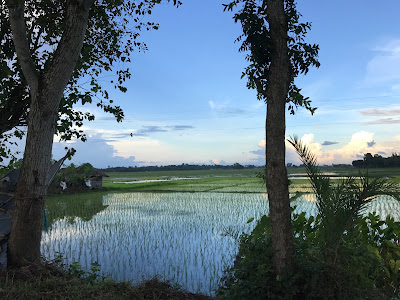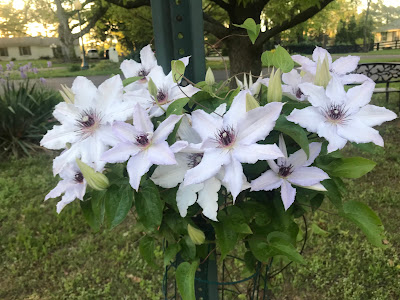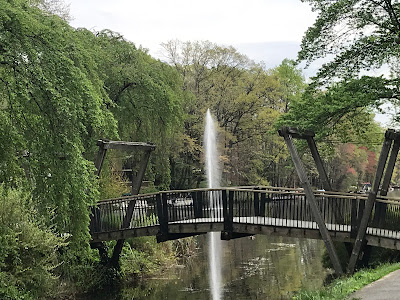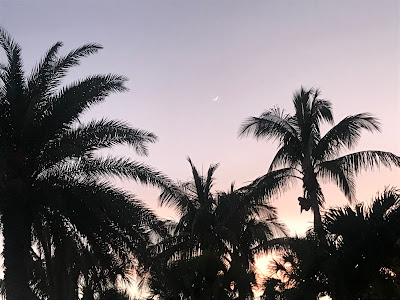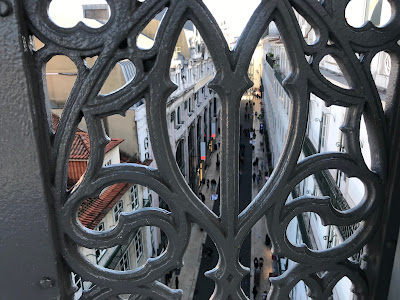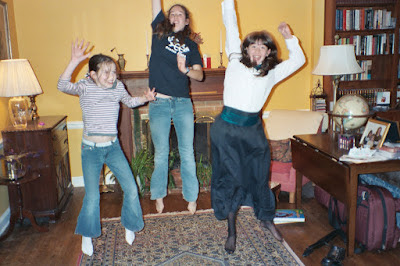I first read Robinson Crusoe as a child. I can still see the book’s binding, dark green spine with a mottled green-and-gold cover, and I still remember the joy of losing myself in the novel for hours at a time.
Here was a shipwrecked man on a desert island, abandoned and alone. Here was a man forced to build a life for himself from the ground up, to find or make food, shelter and clothing, outfitted only with his own strength and wits and what he could cobble from a sinking ship.
Back then, it all seemed like great fun, an extended version of fort-building in the woods. Now, I’m struck by the hopelessness of Crusoe’s situation and the emotional adjustments he made to cope with it. At one point, having satisfied his immediate needs, he sits down and makes a list (with pen, ink and paper salvaged from the ship) of pros and cons, which he called good and evil, things like: I’m banished from human society but there is food here. Or, I have no clothes but it’s so warm here I barely need any. Talk about looking on the bright side!
“Upon the whole, here was an undoubted testimony that there was scarcely any condition in the world so miserable but there was something negative or something positive to be thankful for in it; and let this stand as a direction from the experience of the most miserable of all conditions in the world, that we may always find in it something to comfort ourselves from,
and to set in the description of good and evil on the credit side of the account.”
— Daniel Defoe, Robinson Crusoe
The ultimate Pollyanna statement, but not a bad idea to keep in mind.
(I realized only after posting that “Credit Side” is an interesting title for April 15th, Tax Day.)

